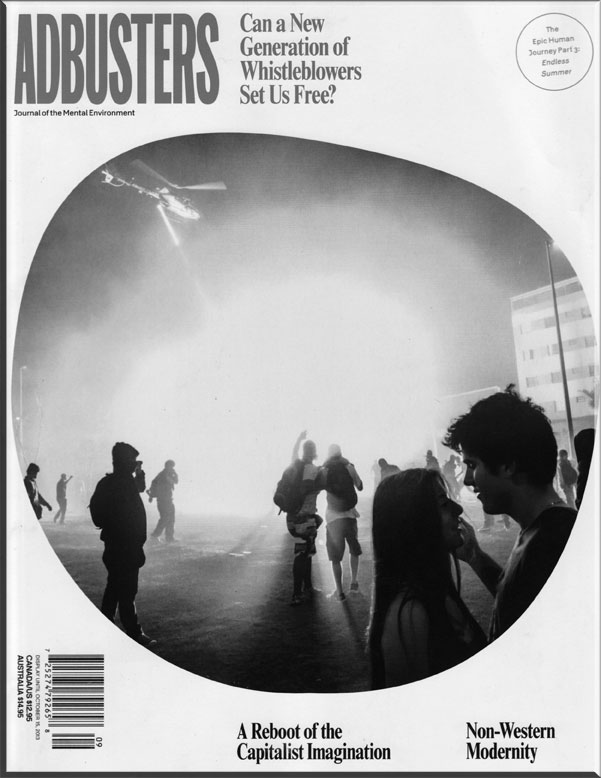The latest installment of the long-running saga over who owns creative rights to the works of John Steinbeck is on the way to the U.S. Supreme Court according to Steven Todd Lowe, an entertainment attorney who serves as president of the California Society of Entertainment Lawyers, the organization which has filed a friend-of-the-court brief in support of the lawsuit brought by the estate of John Steinbeck’s son, Thom Steinbeck, against that of Waverly Kaffaga, the daughter of John Steinbeck’s third wife, Elaine Steinbeck. Steinbeck fans familiar with Bleak House but confused about the Dickensian issues involved in the Steinbeck family feud may seek clarity by reading “Steinbeck Family Battle Appealed to Supreme Court”—the June 26, 2020 blog post in which Lowe attempts to explain “the somewhat complicated fact pattern and salient legal issues” surrounding the ongoing Jarndyce v. Jarndyce drama.
Photo of Charles Dickens courtesy Britannica.com.








